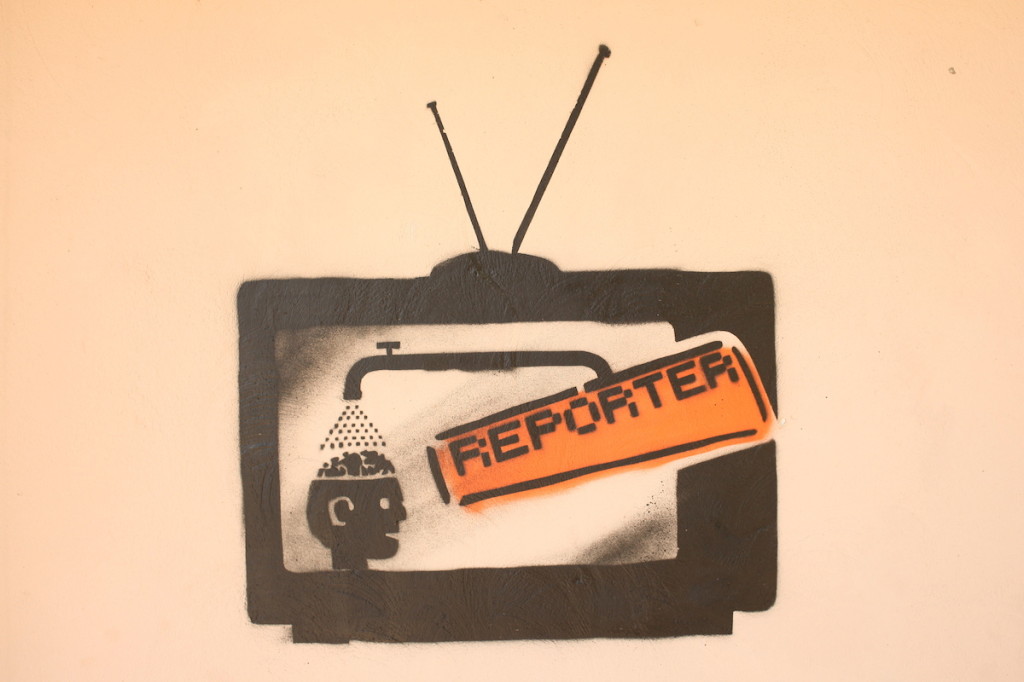A Week After The Super Bowl, And We’re Mostly Talking About Dylan Farrow
 I don’t know if anyone planned it this way, but I find it very interesting that Dylan Farrow’s open letter to Woody Allen came out just a few days before Super Bowl XLVII. Now the Super Bowl has come and gone, and Dylan Farrow’s letter is still being discussed.
I don’t know if anyone planned it this way, but I find it very interesting that Dylan Farrow’s open letter to Woody Allen came out just a few days before Super Bowl XLVII. Now the Super Bowl has come and gone, and Dylan Farrow’s letter is still being discussed.
If you haven’t read the letter, it’s a child’s description of being hurt by an adult who happens to be a well known and culturally significant film director.
On the Internet the responses to the letter have shaken out in several ways. A lot of people have said they believe Dylan Farrow, while many others have defended Woody Allen. A third group has finally had enough, and, even if they can’t say there is truth to the allegations, there is enough ick around Allen (who he is still married to the younger daughter of his onetime girlfriend) that they’ve sworn off watching more Woody Allen films.
However, no one that I’ve seen is talking about the fact that this personal testimony of a woman who for years choose not to be public about this, who still lives most of her life under another name, has managed to shake up much of the Internet at a time when most of the public discussion is usually consumed with discussion about the Super Bowl, an event that celebrates power and money and patriarchy.
After all, the Super Bowl isn’t just about football, it’s about celebrating the good ole days of America—and of American imperialism. (That’s why response has been so strongly negative to the multicultural, multilingual, inclusive Coke ad.)
Nearly a week after the Super Bowl, the millions of dollars that companies spent in advertising have mostly blown away, absorbed into the ether. But we’re still talking about what Dylan Farrow about an incident that happened over 20 years ago.
In some ways the response to Dylan Farrow seems like she’s made a real change in our culture. Over the last week, many women have publicly come forward to say that they were abused as children. I don’t remember this happening during the Sandusky case, or when the Catholic Church priest sex abuse scandal broke. I don’t ever remember this happening before.
It seems like the few words from Farrow have given a lot of other people permission to speak about a formerly taboo topic, in a way that they didn’t feel like they had permission before.






















